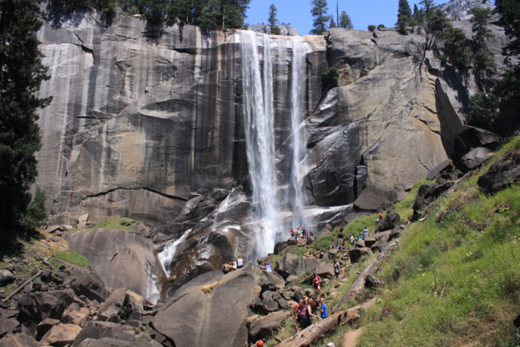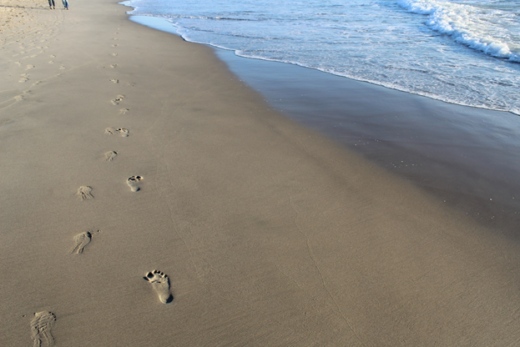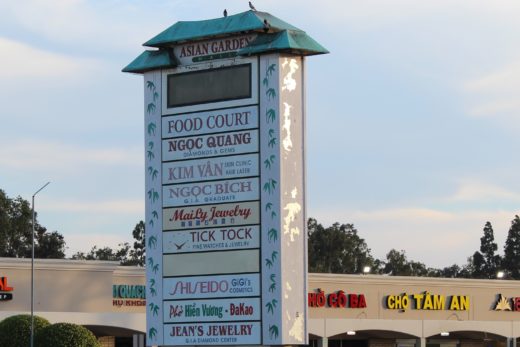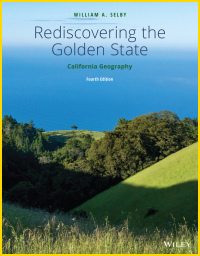This quote from Tuan’s work “Space and Place: The Perspective of Experience,” is perhaps more relevant today than it was when written in the late 1970s. Political and social upheavals, combined with an increasingly interdependent global economy, have in many ways redefined the sense of place. Site, situation and experience all remain important considerations for the personal construct of place. Yet nowadays, ordinary citizens can communicate and extend influence from virtually any location on the globe. This capability was unheard of four decades ago. In the larger societal context, does place now have the same significance it once did?

The concept of space has also been revolutionized by hard realities and technologies. There are no more terrestrial frontiers. Competition for resources continually chip away at our natural legacy. Technology has mapped and delineated the entire planet to exacting detail. Has the idea of freedom been fundamentally altered by the fact that there are no more blank spaces on the map?
Many of these developments, both societal and technological, were first conceived of or realized in California. The impact to our collective security and freedom is still being measured.
Thoughts? Comments?




